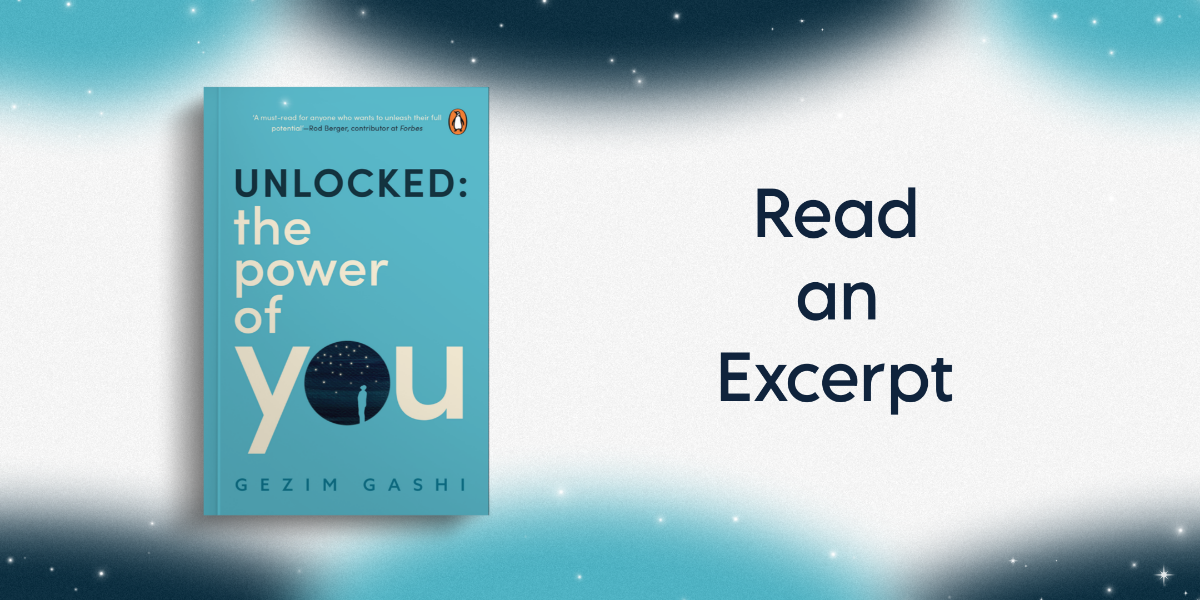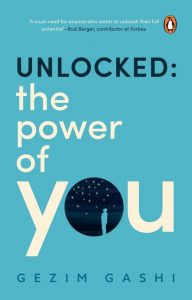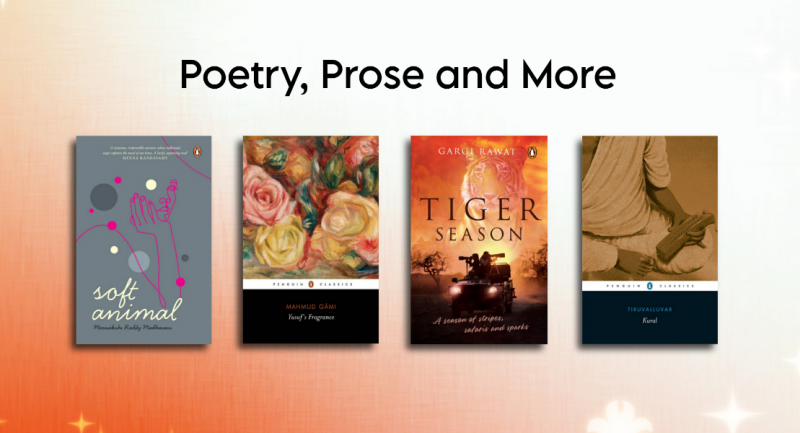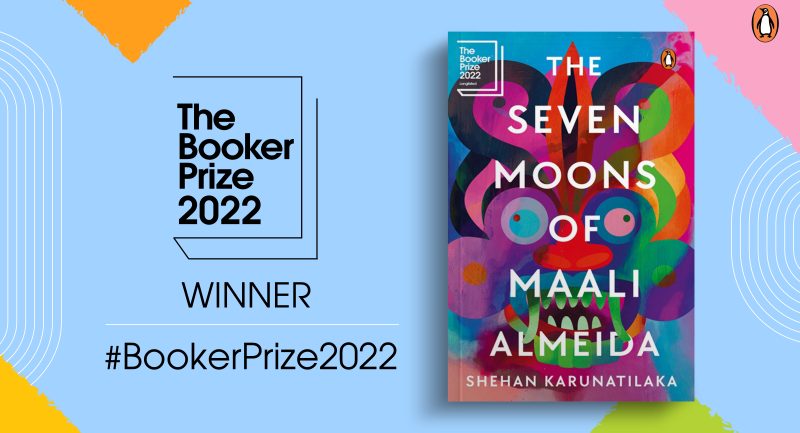
Dive into Unlocked: The Power of You by Gezim Gashi and explore the game-changing influence of our choices: saying “yes” and confidently saying “no.” Through personal experiences and reflections, Gashi unravels the dynamics of these choices, revealing how they shape our journey toward productivity, purpose, and fulfillment.
Read this exclusive excerpt for profound insights that can reshape how we navigate life’s endless decisions.

“If you aren’t working on Saturdays and
Sundays, someone else will, and they
are going to take your seat.”
—DAVID FOSTER
***
I met David a few years ago at Universal Music Group in Los Angeles, where he did a master class for my students. He has long been an inspiration to me, and it was amazing to meet with him and watch him teach our students.
One of the things he said, something that I’ll never forget, is quoted above.
Unless we identify whatever it is that we want to do more than watching Netflix or checking our phone or sleeping in, we won’t have the energy and determination needed.
Once you find the thing that you will say yes to, always, it becomes easier to say no to everything else.
We make so many decisions every day. Whether to hit snooze, whether to send that email, whether to reach out and try again to schedule that meeting with the person who seems to be avoiding us. The power of yes, “Yes, I do want to do this thing more than anything else,” is the power that keeps us moving forward.
Yes unleashes our energy and our talents.
But it is the power of no that frees us to succeed. Without it, the work we do on Saturdays and Sundays may be taking us in the absolute wrong direction.
How many times have you watched people succeed at something only to realize it wasn’t really what they wanted? Become the greatest in their field and then fall into despair or self-sabotage?
How many times have you invested time and energy in attracting the attention of a person you later realized wasn’t someone you wanted in your life?
As many wise people have said before me, success isn’t just about working hard, but about working smart. Stephen R. Covey, the author of the monumental bestseller The 7 Habits of Highly Effective People, said, “Management is efficiency in climbing the ladder of success; leadership determines whether the ladder is leaning against the right wall.”
It is true of our influence on other people, but even more importantly, it is true of our stewardship of our own lives.
There are so many ways we can allow our time and energy to be drained by unimportant tasks, bad habits and procrastination. Many people are outpaced while working long hours—they aren’t working on the right things, or they aren’t regularly recharging their energy and so they burn out.
In The 7 Habits of Highly Effective People, Covey introduced another life-changing idea: our success is determined largely by how well we care for the people who make us successful. For example, I know that I wouldn’t be alive if it weren’t for my family—they are the people who make everything I do worthwhile. If I had the choice of being at the Grammys or being with my family, my question would be, “Which would make my family happier?” And that isn’t self-sacrifice on my part—my happiness is my family’s happiness, and their happiness is mine. I can be 100 percent sure that they will want me to do what is best for me. That’s what will make them happy. So, success for me includes making time for my family, no matter what. When they need me, I’m there for them Similarly, I know that my body and mind are the instruments that enable me to live my best life. Sleeping at least seven hours a night doesn’t interfere with my work—it is the foundation of my work, just as Serena Williams eats nutritious food and employs the best practice techniques to
win championships.
Barack Obama had a closet full of identical blue suits so that he didn’t have to think about what to wear. Steve Jobs wore a black turtleneck and jeans to work every day. Many accomplished people eat the same breakfast and lunch each day to remove yet another decision and series of tasks from their schedule.
The healthiest people make activity part of their daily routine.
In his book Atomic Habits, James Clear makes a powerful case for the impact of tiny changes, which he compares to the slightest adjustment in a flight path. Initially, the change is almost unnoticeable, which is why it’s easier to make. Within a brief time, however, when a change becomes a habit, the impact on your direction and destination is significant. And all habits are seeded in a yes and a no. Yes to one thing, no to everything else.
Clear and other researchers have found that it is very difficult to stop a bad habit but much easier to replace a bad habit with a positive one.
We say no to having a cigarette or eating that second pastry and yes to going out for a walk while we talk to a friend on the phone. If we deprive ourselves of pleasure, our mind and body will find a way to recalibrate—we want and need pleasure! But if we can replace one kind of pleasure with another, the new pleasure will become a positive habit quickly.
No to one thing, yes to another.
Yes to one thing, no to another.
We get more effective at life and all decisions when we think in terms of this couplet rather than about all the decisions we must make.
Sometimes this balancing act of yes and no is easy and clear. I know that partying until the early morning will cost me my energy and focus the next day; it might even leave me with a fuzzy head a day or two after that if I indulge too much. Being clear on my “yes” makes it easy—yes, I want to help other people identify and leverage their brilliance, which means I don’t have any days to waste.
Yes, I have to be sharp.
No, I’m not going to stay at that party past eleven.
***
Get your copy of Unlocked: The Power of You by Gezim Gashi wherever books are sold.









